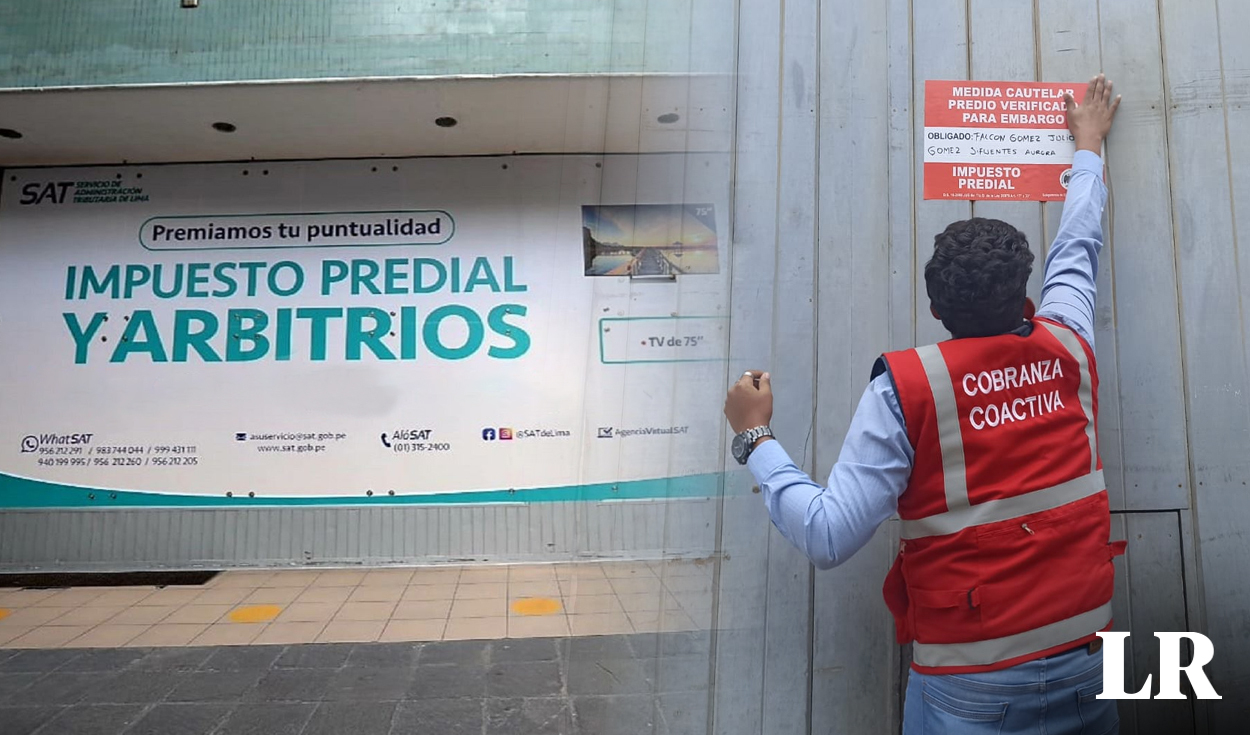
Every year, thousands of property owners in Peru face the obligation to pay the property tax. This tribute is essential for financing the services provided by the municipality and failure to comply with this can have serious repercussions. In this article, we explain in detail how this system works.
Failure to pay property tax not only affects municipal revenue, but can also trigger an administrative process with serious consequences. It is crucial to understand the measures that the municipality can take and the available ways to comply with this tax obligation.
Can the municipality take away my house if I don’t pay the property tax?
The municipality cannot immediately take your home away from you for a property tax debt. Initially, it sends out notices and demands for payment. If the owner does not respond, an administrative process is initiated that culminates in a coercive ordinance. This ordinance grants a period of seven days for the debtor to pay the debt.
In case of non-payment, the municipality may proceed to embargo assets such as bank accounts and vehicles. The expropriation of the home is an extreme and uncommon measure, since the main objective is for the debtor to regularize his situation before reaching such extremes.
Where can you pay your property tax?
To facilitate compliance with this obligation, municipalities have enabled various payment options:
- Municipal offices: payment in cash or by debit or credit card at taxpayer service offices.
- Banks and financial institutions: agreements with banks allow payment to be made at the counter or through digital channels.
- Online platforms: Some municipalities offer online platforms to pay from home using electronic methods.
- Authorized Agents: Payment can be made at convenience stores and pharmacies with municipal tax collection services.
Property tax: who is required to pay it?
He property tax In Peru, it is mandatory for all property owners as of January 1 of each year. This tax applies to both natural and legal persons, regardless of whether they live in the property. The amount of the tax is calculated based on the value of the property, determined by the municipalityconsidering factors such as location, use, age and physical characteristics.
What is property tax?
The property tax is a municipal tax levied on the ownership of real estate. Its collection is vital to finance local public services and infrastructure works.
The funds raised are used for park maintenance, public cleaning, public safety and infrastructure construction. Complying with this payment is a civic responsibility that contributes to the well-being of the community.
Timely payment of property tax avoids legal and financial problems. Non-payment can result in the accumulation of debts, surcharges and late payment interest, and eventually in coercive collection processes by the municipality.
Source: Larepublica
Alia is a professional author and journalist, working at 247 news agency. She writes on various topics from economy news to general interest pieces, providing readers with relevant and informative content. With years of experience, she brings a unique perspective and in-depth analysis to her work.











